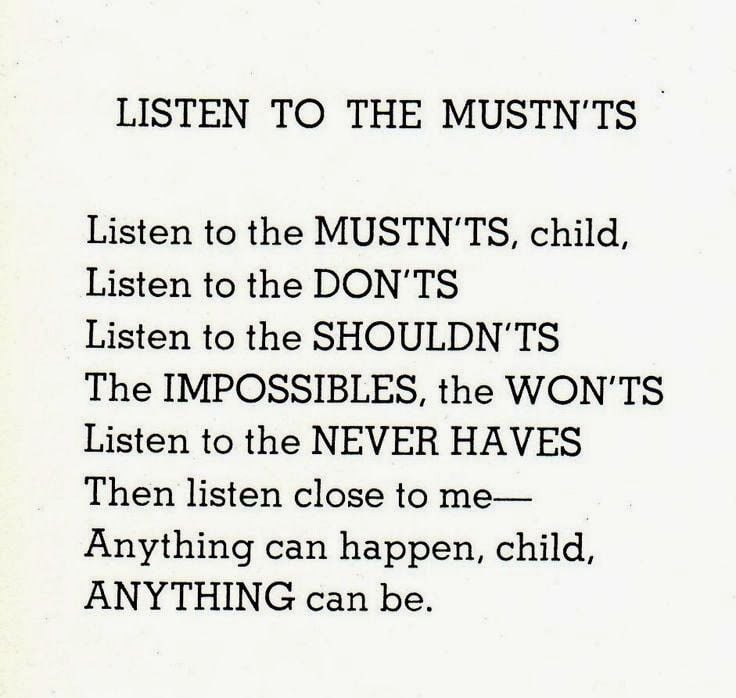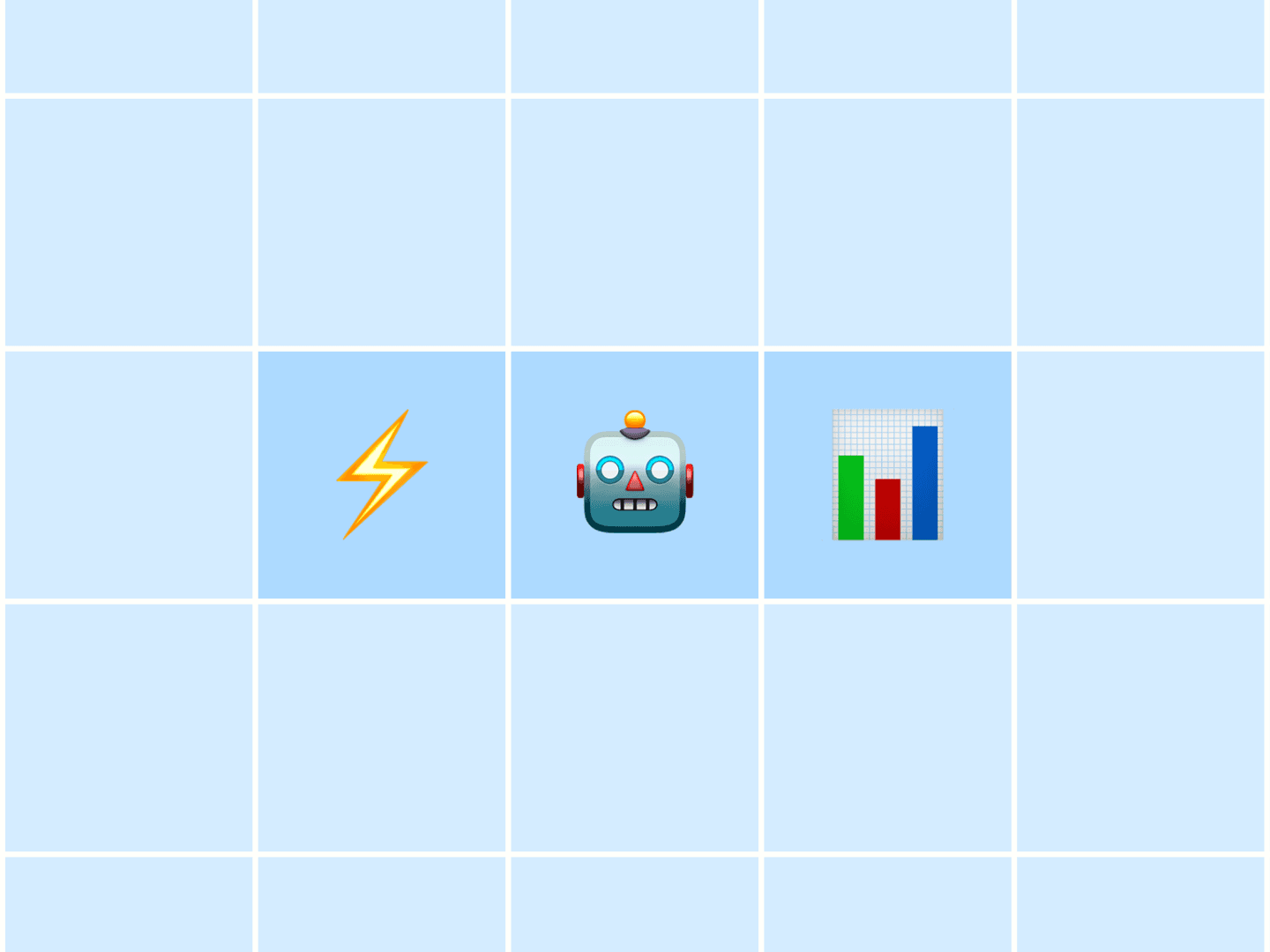Rest, and think.
What does your ideal day look like? When do you wake up? Who do you spend time with? What do you do?
What does your ideal work look like? What do you create? How does it make you feel? Where are you when you’re creating it?
What is your ideal life?
Picture it. Embrace it. Bearhug the living daylights out of it.
Then go out and get it.
You can be anything you want to be
This seems impossible, right? At the very least impractical. People don’t just visualize what they want and then get it. This ain’t the movies.
This is real life, and we don’t always get what we want.
Well …
What if we’re wrong?
You know the oft-debunked motivational quote that we can “be anything we want to be”? Malcolm Gladwell took a sledge to that notion in his book Outliers, arguing essentially that we are tied down to a particular path based on the uncontrollable elements of our lives—place of birth, time of birth, early education, etc.
We cannot be anything we want to be unless the thing that we want to be is also the thing our parents thought we might want to be and they just so happened to move, organize, and plan life perfectly so we were in the right place at the right time.
It all makes sense in theory. There are elements outside our control that send us down a path.
But there’s no sign on the path that says “Stay off the grass.”
We can be anything we want to be. Anything is possible, so long as we’re okay putting in the work, making some sacrifices, and going on an exciting and terrifying and excellent adventure to get there.
Who’s in charge of your life? The locus of control
Think big picture: Who controls what happens in your life? There are typically two answers to this question: you control your life, or outside factors control your life.
Psychologists refer to this as locus of control, the extent to which people believe they can control the events that affect them. Your locus — a Latin term meaning “place” or “location” — is either internal or external.
An internal locus of control has you believe that you control your life.
An external locus of control has you believe that your decisions and life are driven by factors outside of your control.
A person with an external locus of control views life in the following way:
Things either work out or they don’t. What happens is simply a matter of good or bad luck. I have no control over what happens to me.
A person with an internal locus of control views life like this:
What I experience is largely a result of the decisions I make and the effort I put forth. I believe that a correlation exists between what I do and what I experience, between the effort I put forth and the rewards I reap from life.
And when I can’t influence what happens, I can still decide how I will let circumstances affect me.
Make sense?
If you’re not 100% sure where you fall (I’d imagine you’ve got a pretty good idea), take this test. Then keep reading.

My journey to a life change
Two years ago, I reached a point where this matter of control became very real to me. When you feel like life is outside your control and life just so happens to be going fine, no big deal. Cool. Whatever.
When life takes a sudden left and you feel helpless to do anything about it, that’s when you start to challenge your worldview. You think. You reflect. You hope really hard that change is possible and that you have an iota of control.
I reached a point in life — probably later than most — where I was ready to do the exact thing I wanted, to not settle for anything else. And I was willing to make sacrifices to do it.
I wanted to work from home. I wanted to write. I wanted to set my own hours, work autonomously, create cool things with my words and ideas, and to be at the single place where I was happiest on earth — at home, family beside me, an empty text editor in front of me.
So I went for it.
I came across a job description for a content writer at Buffer, a tool I already loved for making social media marketing easier and more effective. The job was perfect.
I was not.
Yet.
I applied, threw all my limited resources at it, and fell short. And in missing out on this amazing job, I realized what I had to do to improve. The pursuit of this type of job was worthwhile, this was something I wanted for my life, whether at Buffer or at another company or on my own, and I knew what it would take to get there.
So I got to work. I improved myself as a writer by submitting guest posts to as many places as I could think, including Buffer. I hung my writing out to dry, letting others take it or leave it or reject it or reject me. I wrote one new guest post per week, while keeping a 40-hour job.
Leo was kind enough to publish a few of my stories on the Buffer blog and recommend me to his connections. I wrote anywhere and everywhere I could possibly think of, choosing to spend any bits of free time I would otherwise have spent bumbling around on the Internet as time spent writing, improving, and searching for a way to grab the life I wanted.
At the end of every day, I asked myself, “What did I do today to improve?”
Most days, I could give a good answer.
Nine months after I had first applied at Buffer, the job came open again.
This time — thanks in huge part to those who helped me along my journey — I had the privilege of interviewing with the team, experiencing an incredible intro period, and coming on full-time as Buffer’s next content writer.
Once we realize the things we want most in life, we’re faced with a choice: to chase after the dream or settle for what’s comfortable.
We can take life by horns or we can take what life gives us.
I think the turning point for me was in realizing that an opportunity like this wasn’t something I wanted to do but rather something I had to do, as if the act of sitting idly by would be too much to take.
I couldn’t stand the thought of knowing what I wanted and failing to lunge for it.
Will you always get exactly what you want?
Maybe not. But I like to believe that if we strive for something and miss, the leftovers will be better than what we had before — and often exactly what we need.
If I were to have stumbled upon this post two years ago, I would have giggled at the naiveté of it all. I would have laughed it off because I had yet to experience any of it, to have known it was possible.
So feel free to laugh. But maybe bookmark the story for later.
Do you want to write a novel? Go for it! It’s possible if you put in the work.
Do you want a new career? Give it everything you’ve got! You’ll be amazed at what you can accomplish.
Do you want to be something tomorrow that you’re not today? You can get there.
You can do it.
Anything is possible.
This post originally appeared in Buffer’s collection on Medium.
Image credit: Shel Silverstein
Try Buffer for free
190,000+ creators, small businesses, and marketers use Buffer to grow their audiences every month.



